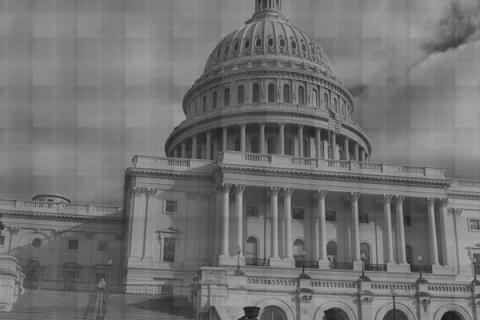After years of denials and legal battles, a former city official of Vernon pleaded guilty to illegally using taxpayer funds for golf outings, meals, massages, and even to pay off his own personal credit card debt, wrapping up one of several corruption cases that have brought the city under increased scrutiny.
For years, the stock character of the fiscal conservative's political narrative has been the welfare queen, freeloading off of taxpayer dollars in order to subsist, but recently the American public is finally waking up to the mathematical reality that the biggest drains on taxpayer dollars are actually expensive wars and military operations overseas, corporate bailouts and subsidies, and the rapidly-expanding, ever-more-expensive public sector with its armies of very well-paid bureaucrats.
Last summer, the Cato Institute's Daniel Mitchell made headlines reporting on the widening gap between public and private sector pay, with federal bureaucrats making twice as much as their private sector counterparts, and state and local bureaucrats throughout the nation averaging 45% more than private sector workers in terms of total compensation. In some California cities, the gap is even more extreme for high-level bureaucrats.
In July of 2010, the Los Angeles Times reported to an outraged California public that city officials in the Los Angeles County town of Bell, California had exacted exorbitant salaries from their city's taxpayers, with City Manager Robert Rizzo earning nearly $800,000 a year, Bell's police chief taking home a whopping $500,000 each year, and city council members earning $100,000 annually, while the average Bell income was under $25,000.
But if anything is more outrageous than paying city officials such exorbitant salaries while the economy suffers and the state faces a drastic fiscal crisis, it would be continuing to pay out lavish benefits to a city official convicted of embezzling public money. Former Vernon city administrator, Bruce Malkenhorst was, at one time, California's highest-paid government official (at a cool $500,000 a year) and currently draws the state's largest public pension.
Yet, despite his Thursday plea, the Los Angeles Times reports that he will be keeping his pension because:
"the law states that only the pensions of elected officials convicted of public corruption can have their pension be reduced or revoked."
Just what exactly does the law say an official has to do in order to get convicted of public corruption? Using public money for personal expenses like massages and credit card payments seems to fit the bill. Instead of losing his extravagant pension, Malkenhorst:
"...got three years of probation, as much as $35,000 in fines and penalties, and he must pay Vernon back $60,000 in restitution."
Though it's more money than most Californians make in a year, with the kind of pension that Malkenhorst is getting from the city, the $95,000 in fines is a slap on the wrist. The court essentially said, 'Because you violated your contract with the city of Vernon upon which your pension was based by misusing the funds it entrusted to you, the city will only be paying you $400,000 of your pension this year-- but don't worry, every year after that it will keep paying you $500,000.'

